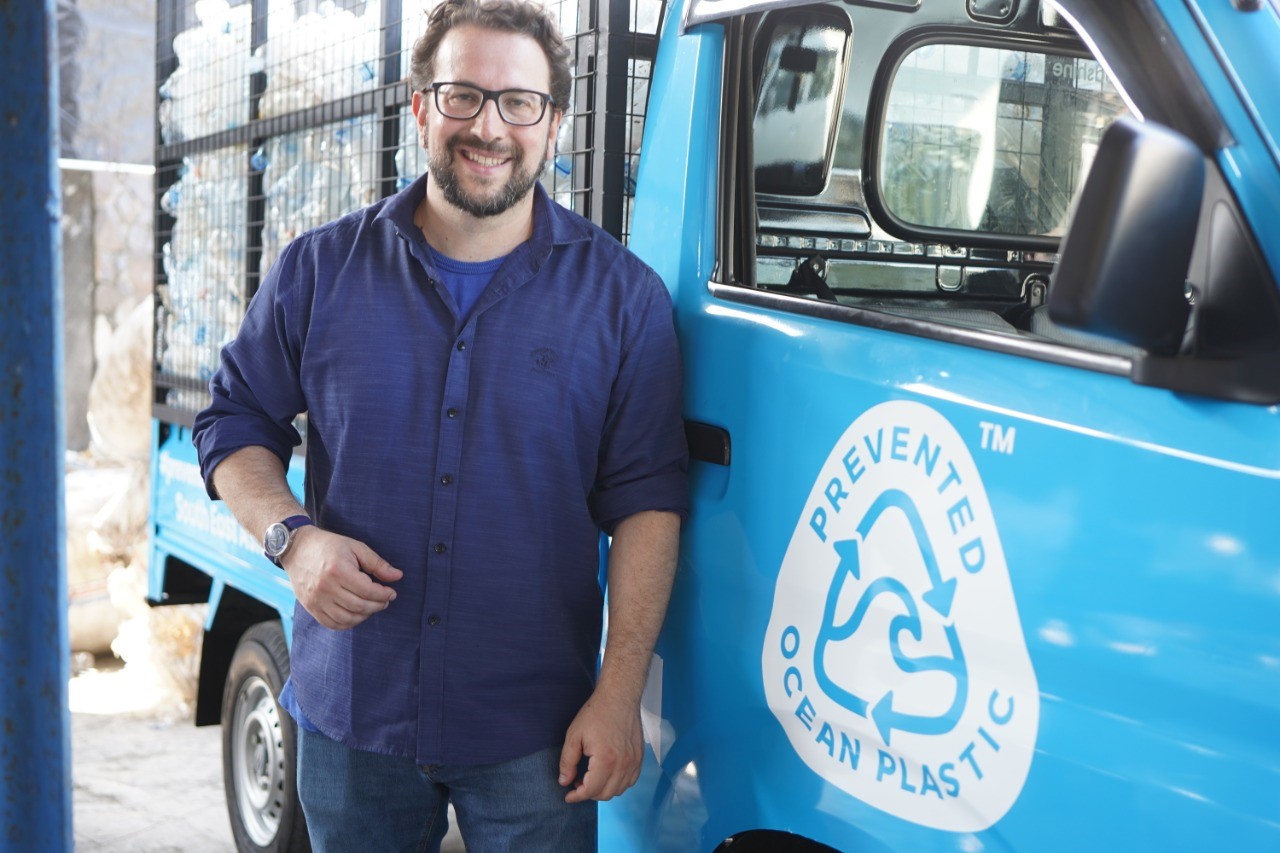OPINION: Last month we saw important steps towards the creation of the UN Plastics Treaty, with dozens of stakeholders and delegates from 180 nations coming together in Paris to continue discussions on the agreement, which could come into force by 2025.

The treaty, which is still in development, is a monumental opportunity to tackle the plastic problem. Recycling will be central to its success, but we need to make sure we are prioritising the right kind of recycling.
The recycling industry has always been something of a ‘wild west’ – a largely unregulated landscape where inconsistently-enforced legislative standards still represent a low bar for quality. Too many have viewed standards as aspirational targets to work towards rather than the bare minimum, and the result is a planet drowning in plastic and lacking in infrastructure, while informal workers within the sector can often endure very poor conditions.
We are still not putting enough emphasis on quality, traceability, responsible sourcing, and good working conditions. For the circular economy to work in a meaningful way, we need to formalise and create consistency throughout the recycling industry. We need to account not just for the critical reduction of plastic waste, but for its proper recycling and reuse, as well as impacts on human health and biodiversity. We must consider the thousands of people whose livelihoods depend on the industry to work properly. And we need to account for the variety of plastic challenges faced by different economies – there is no ‘one size fits all’ solution.
As such, stronger regulation is required across the board, with greater emphasis on traceability and quality of recycled materials, and governments and businesses taking a proactive approach to collaboration and knowledge-sharing. The UN Plastics Treaty has a real opportunity here – with the right agreement, the future recycling industry we envision can come to pass. The work being done by Prevented Ocean Plastic™ shows how.
Our mission with the programme is to address the problems of the recycling industry by providing sustainable, vertically-integrated recycling supply solutions that reduce the need for virgin plastic, support the collection of plastic waste, and help to clean up our natural environment in the process – objectives I’m sure we will expect to find in the eventual Plastics Treaty.
One way we’re doing this is through the development of our Prevented Ocean Plastic™ Standards, which were created using the ETI base code and informed by the Code of Good Practice developed by ISEAL, as well as Bantam Materials’ Good Manufacturing Practices and best-in-class traceability process. Designed to meet the needs of the world’s best recyclers, we consulted more than 70 leading businesses, NGOs and FMCGs on the standards, so we know they’re viable and what is needed.
As well as making a significant contribution to the prevention of plastic waste, the standards are socially-focused, addressing another important aspect of the Plastics Treaty. Our standards go beyond basic regulatory and compliance measures to ensure fair and proper working conditions, no child labour and fair pay. By applying the standards further down the supply chain to include indirect suppliers at collection centres, we can also influence historically hidden locations where data has not typically been gathered. This not only increases traceability, but raises both the quality of the product and working conditions within the wider supply chain.
We also acknowledge the need for quality infrastructure to help shape and formalise best practice in at-risk areas, and last month announced our ’25 by 2025’ mission to open 25 high-volume collection centres, underpinned by these rigorous standards, by 2025. These centres will be located on coastlines that have historically lacked recycling infrastructure to deal with plastic waste, across Southeast Asia, South America, Sub-Saharan Africa, and the Mediterranean.
Our model shows what a recycling industry rooted in high standards for quality, traceability, and good working conditions can look like. Transformation of our industry is achievable – as long as our efforts are consistent and properly regulated.
Recycling will play an integral role in addressing the plastic crisis, both in reducing our reliance on virgin plastic and supporting a circular economy. But we can’t expect to make any meaningful progress until we transform our current industry into one built on formal standards and practices that guarantee quality and social equity throughout our supply chains. At Prevented Ocean Plastic™, we know this is possible. We need the industry, alongside regulators, to join us and create a plastic recycling supply chain we can be proud of, and that’s fit for purpose in the economies of the future.










Subscribe for free